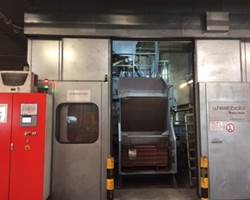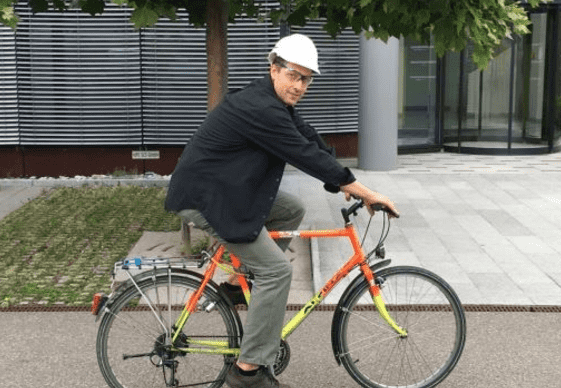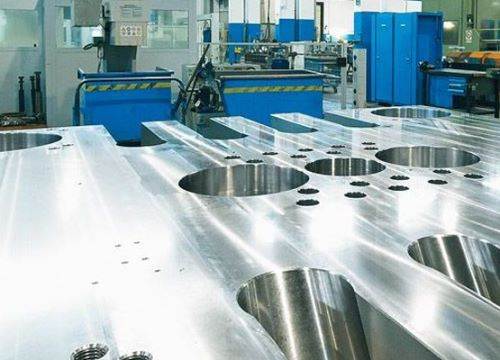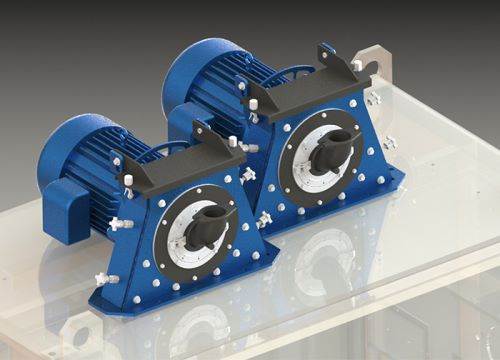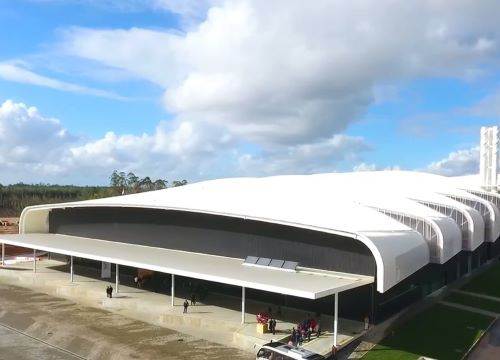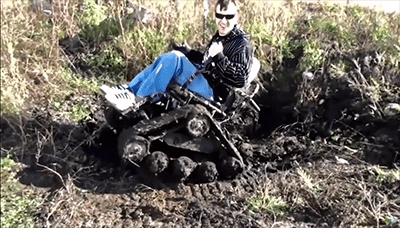- Contact 0870 350 7767
- |
- Advertise
Advanced machine maintenance at Titan Steel
 News and PR from Wheelabrator Group Ltd - Published 28 October 2015
A new, sophisticated approach to maintenance has made Titan Europe plc’s UK subsidiary the most productive in the group.
News and PR from Wheelabrator Group Ltd - Published 28 October 2015
A new, sophisticated approach to maintenance has made Titan Europe plc’s UK subsidiary the most productive in the group. At its UK manufacturing facilities in Kidderminster, the production process includes shot blasting of the wheels before welding and painting. Four shot blast machines carry out this work – two Tilghmans and two Spencer Halsteads. The oldest was installed in 1958; the most recent in 2005. Every single part has to pass through one of these four machines, with any downtime impacting immediately and significantly on overall productivity.
Reactive maintenance: a vicious circle
As production increased over the years, less time was available to carry out maintenance work on the equipment or to fit new wear parts. And while the team at Titan made production run like clockwork to meet outputs, it became increasingly difficult to stay on top of machine performance and maintenance.
Jake Higley, Lean Manufacturing Manager at Titan, explains: “Especially in our market, the world is a smaller place these days and we simply have to work smarter in the UK. When we embarked on our lean journey about two years ago, we started implementing lean processes, only to discover that maintenance and machine breakdowns can ruin even the leanest operation. So we analyzed all our machines and ranked them by downtime per week. The four shot blast machines came out worst – with a staggering 75 hours lost production per week. So we knew we needed to get that sorted.”
By 2013, in-house maintenance staff were working overtime or on weekends to keep shot blast equipment running and catch up on the 4000 hours of lost production. A sub-contract service engineer was occasionally called in for service and maintenance work.
Jake continues: “Still the culture in the team at the time was that shot blast machines self-destruct no matter what, and there really is no point trying to change that. So the challenge for me was to prove them wrong and show them that shot blast equipment can be kept in check.”
When matters came to a head in early 2014, and both external engineer and parts supplier were unable to meet the turnaround time required to fix a pressing problem with the equipment, Jake used the opportunity to call in blast machine experts from Wheelabrator Plus to have a thorough look at the machines.
Intensive TLC
Tilghman and Spencer Halstead are Wheelabrator legacy brands, so Wheelabrator Plus had occasionally supplied rare spare parts, and were of course familiar with the equipment. The team around Mark Abley serviced and fixed the four machines – and discussed the ongoing issues with the equipment with Jake.
Other announcements from Wheelabrator Group Ltd
-
American Axle boosts lifespan of wheel parts with EZEFIT upgrade
American Axle & Manufacturing has been manufacturing grey and ductile iron castings for transportation and industrial applications at its foundry in Kingsford, MI, for 70 years
24 Jul 2017
-
Equipment upgrade x3 at Hay Speed
These high standards also apply to the three batch-type tumblast machines currently operational at Hay Speed’s Lüchow plant in Lower Saxony.
24 Jul 2017
-
Closer to the action
The test centre is at the heart of our global customer testing for heavy-duty applications.
24 Jul 2017
-
Latest equipment innovations unveiled at FABTECH 2016
Among the latest equipment innovations discussed at this year’s event was the SpinTrac range – a new and improved version of one of our most popular designs.
26 Apr 2017
-
Foundry Lowers Cost Per Casting
New CT machine at Guido Glisenti improves energy efficiency, process control, maintenance- and cycle times.
26 Apr 2017
-
LMCS Acquisition
Norican Group enters into binding agreement to purchase Light Metal Casting Solutions Group.
26 Apr 2017
-
Improved Cycle Times & Downtime
Brake disc manufacturer, Tisamatic, benefits from CT machine upgrade.
26 Apr 2017
-
The most beautiful foundry
Sakthi Portugal’s SP21 foundry in Águeda opened its doors in February and we are proud to have played our humble part in this ambitious venture.
26 Apr 2017
-
Wheelabrator helps wheelchairs get ready for off-road action
US based Action Manufacturing, a specialist manufacturer of off-road wheelchairs, has switched from manual blast cleaning to Wheelabrator automated shot blast equipment...
28 Oct 2015





